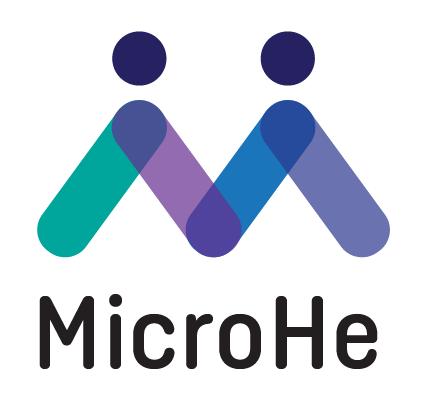The new European Qualifications Framework (EQF) proposes a set of standard meta-data for documenting qualifications, to allow them to be recorded, stored and transferred in computer systems. However, without a meta-data standard to store the ECTS credits which make them up, such a system would have very limited impact. MicroHE, therefore, attempted to strengthen this initiative by proposing a meta-data standard – based on the Qualifications meta-data schema and ESCO data schema – for recording ECTS, based on the module supplement (proposed in other project activities), to allow for the deployment of a comprehensive solution. The standard is made up of three types of data:
- Descriptive meta-data describes an information resource for identification and retrieval through elements
- Structural meta-data documents relationships within and among objects through elements such as links to other components
- Administrative meta-data helps to manage information resources through elements such as version number, archiving date, and other technical information for purposes of file management, rights management and preservation.
The MicroHE meta-data standard was published for open consultation on Github and was subsequently partially adopted by the European Commission’s Directorate-General for Employment, Social Affairs and Inclusion (DG EMPL) in their own data model, that will be utilised to issue Digitally-Signed Credentials.

